I found myself thinking back to my gran’s childhood in Dundee this week and wondering what the 10-year-old Helen would think if she was transported magically from the Overgate slums of 1943 to a modern flat in 2023.
Would she think she had woken on a different planet?
One where parents were staring at small screens called mobiles, while their kids were battering a bit of plastic with the word Xbox on it.
A planet where the food came from a microwave and the English language (albeit with Dundonian dialect) was broken up with phrases like ‘what’s up, bro?’
People are people. But how much do our kids have in common with someone who is now approaching 90?
Is our experience of living so fundamentally different that we are essentially different too?
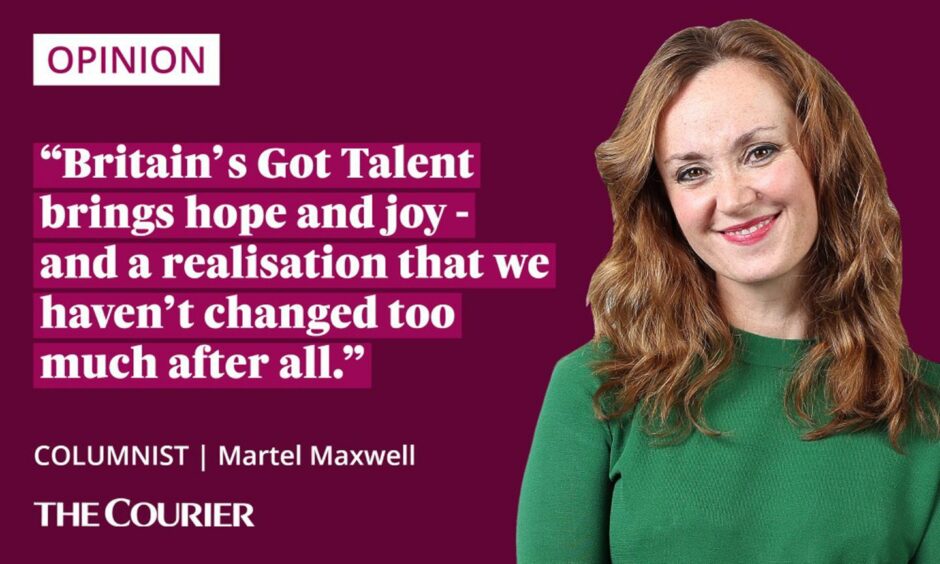
My answer came on Saturday with the arrival of the 16th series of Britain’s Got Talent.
As we all sat down to watch – mum, dad and sons glued to the screen, laughing at outlandish acts and crying (okay that was me) at almost everything, I realised something: life hasn’t changed that much after all.
More than that (and I’ll argue my case here) Britain’s Got Talent is one of the most important shows on TV.
Britain’s Got Talent tales can’t fail to raise a smile
What other show is as multi generational?
What other entertainment is as enjoyable for a great gran as the wee ones?
And what show (bar the news, which is rarely as uplifting) gives you such a window into the worlds of other people, their problems, battles and triumphs?
I give you Britain’s Got Talent contestant Nathan, who has Down’s Syndrome, and his dance teacher, Joanne, from Manchester.
In a video shown before their performance on Saturday, Nathan’s parents said they had been told that people like their son couldn’t learn to dance.
A moment later we learned those people were wrong because – after flirting with new judge Bruno Tolioni (formerly of Strictly) – Nathan danced his heart out, cha cha cha, for a packed auditorium in Manchester and an audience of six million viewers watching at home.
No matter what had happened to you in your day – a bad time at work, a teenage daughter locked in her room – Nathan’s performance couldn’t fail to make you smile.
Then there was 13-year-old Malakai Bayoh who sang Pie Jesu with such purity of voice it would bring a tear to a glass eye (a phrase I’m sure was doing the rounds in 1943).
It also had Bruno slightly more enraptured than when he and the other judges witnessed a man from Japan playing darts with his bottom.
Joy, hope and inspiration – the Britain’s Got Talent recipe for success
Britain’s Got Talent takes us out of ourselves and our worlds.
Somewhere in Dundee, there’s someone who hasn’t left their house for weeks because of crippling anxiety or depression. Others might be housebound with a disability.
Witnessing the stories on Britain’s Got Talent gives viewers everywhere an insight into the lives of others which otherwise they might not get to experience.
And often the stories are inspirational, like the orphaned children from Uganda, aged between five and 13, whose dance outfit Ghetto Kids was nothing short of spectacular.
I’m crying 😢 best video of the day. #BritainsGotTalent pic.twitter.com/esexq42g62
— MsSabz🌸🌹 (@itsmssabz) April 16, 2023
Or Amy Lou, who works in a sunbed shop and was 30 weeks pregnant at the time of the audition. Her standing ovation following her performance of Beyonce’s smash-hit Listen, was entirely deserved.
And somewhere else in Dundee, a family with an autistic child may have witnessed Irish schoolboy Cillian O’Connor wowing the judges with a magic routine, while explaining how learning illusions has helped him cope with his autism.
That’s why Britain’s Got Talent is so important.
These stories would have touched an audience 80 years ago, every bit as much as they do today. And while viewing numbers are slightly down, it’s no wonder it’s still ITV1’s most-watched show of the year.
Britain’s Got Talent brings hope and joy – and a realisation that we haven’t changed too much after all.
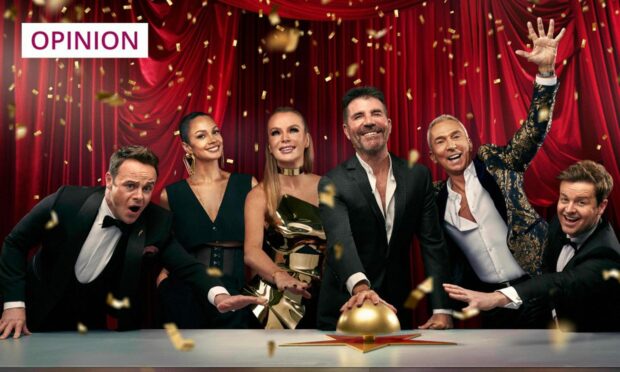
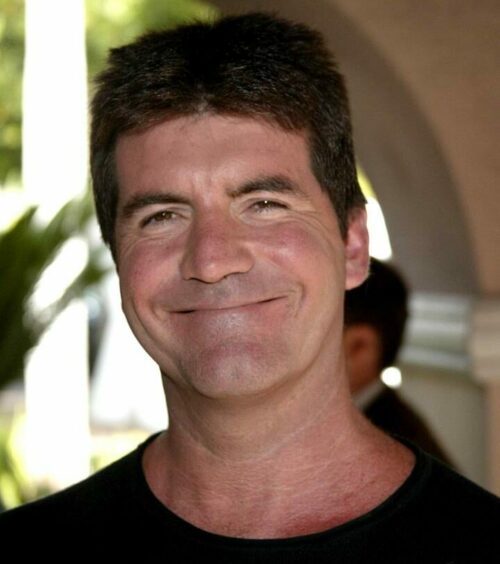
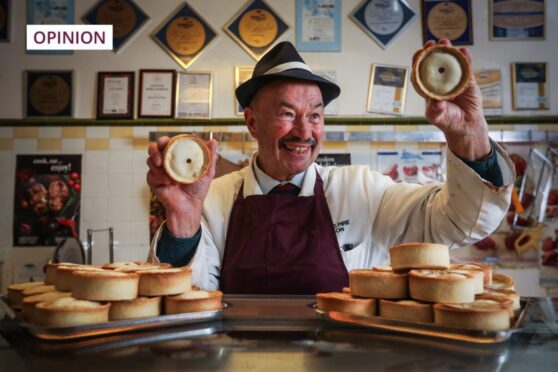

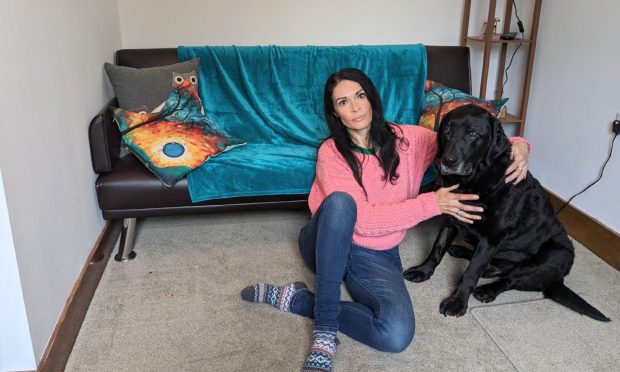
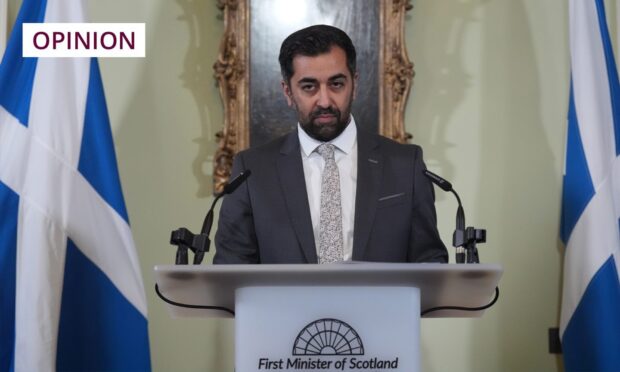
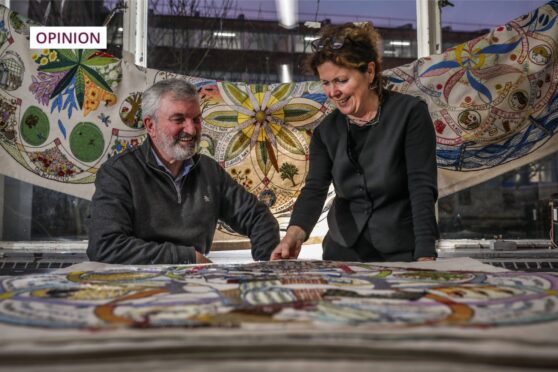
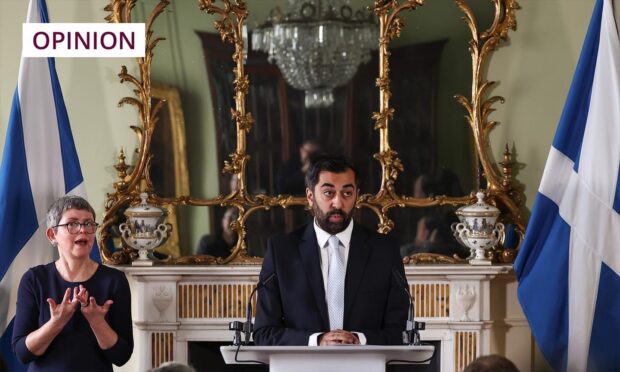
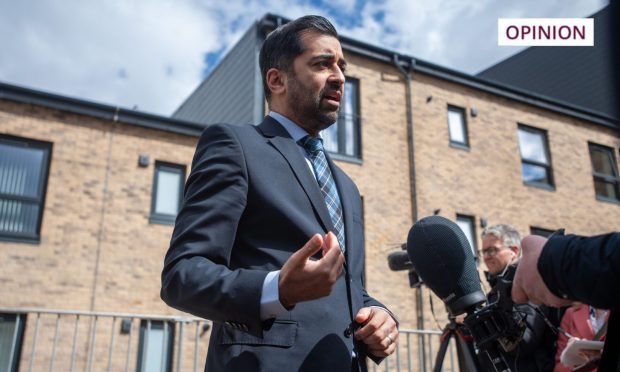
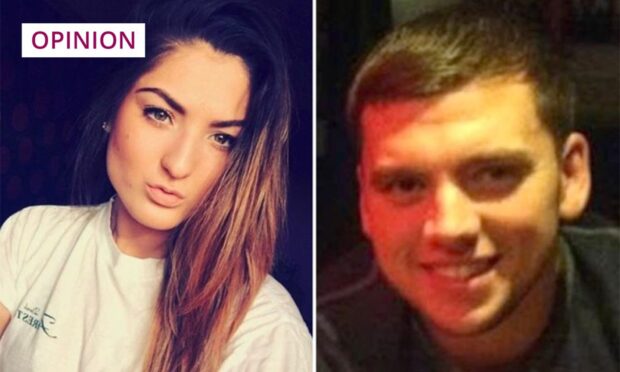
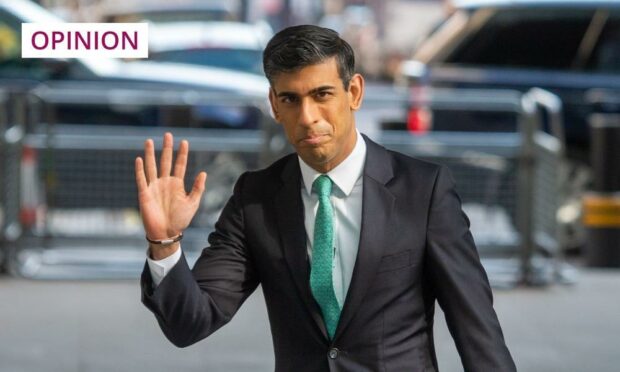
Conversation